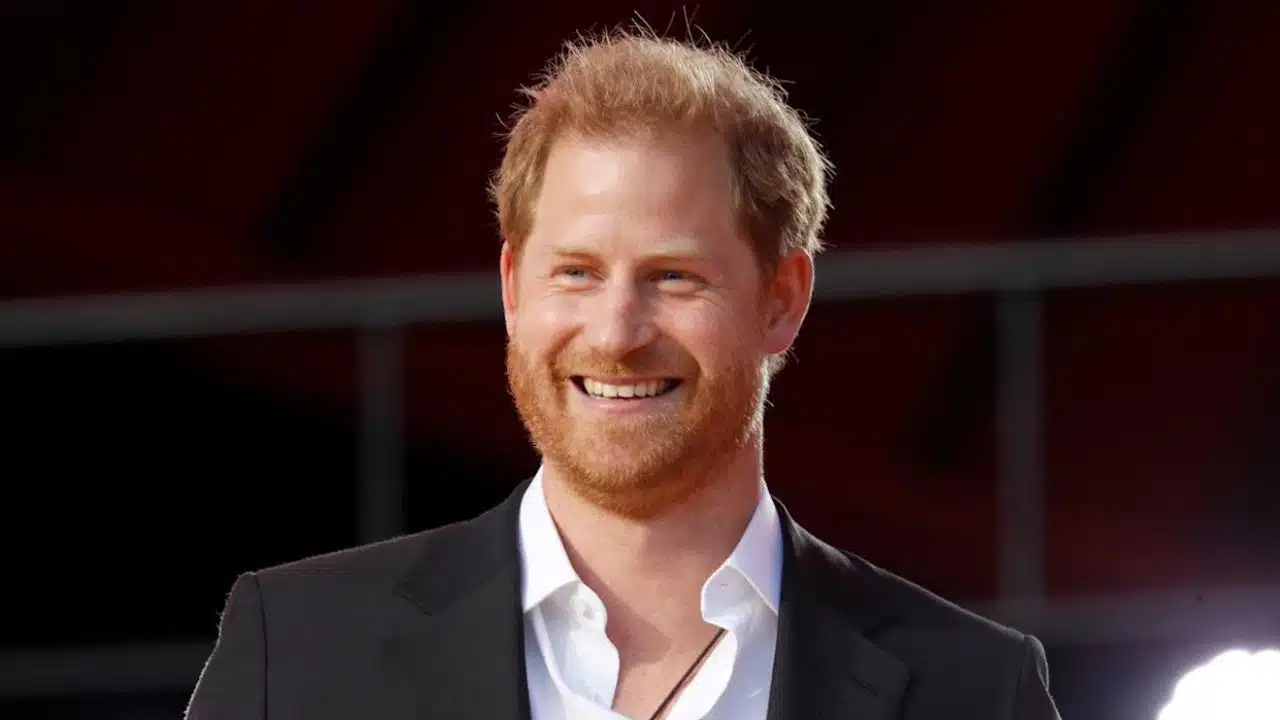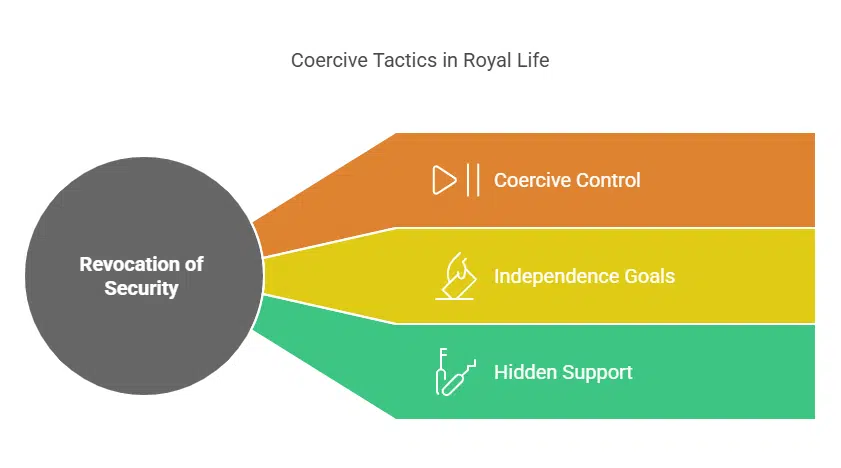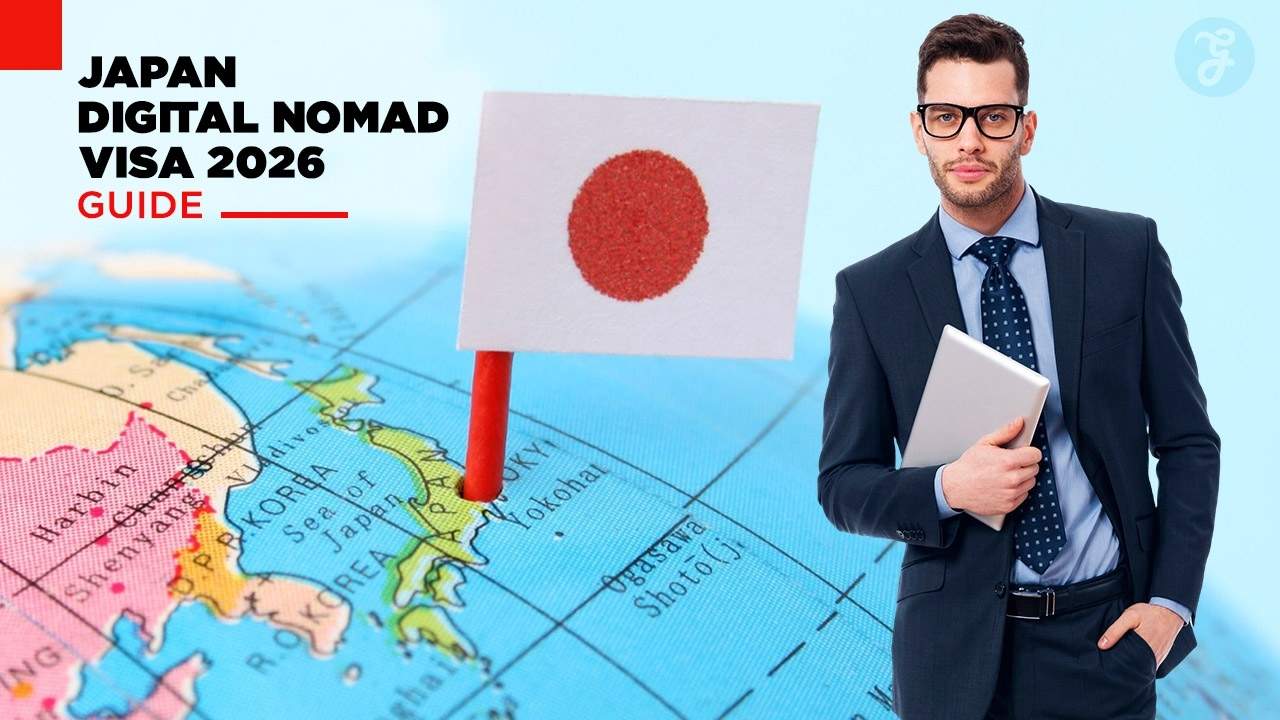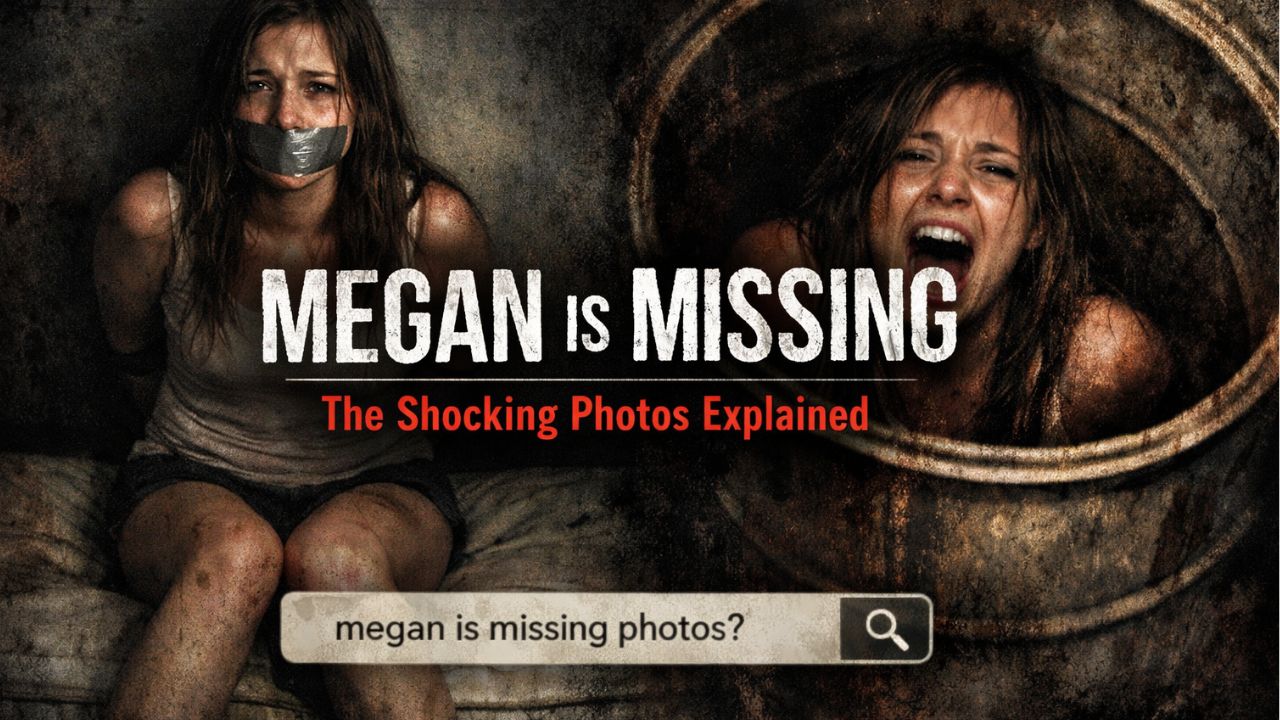Prince Harry has broken his silence after a crucial two-day court appeal over the removal of his UK police protection. In a deeply personal and emotional statement, the Duke of Sussex claimed that the decision to strip him of official security following his and Meghan Markle’s royal exit was not merely bureaucratic—it was intentional, even strategic. According to Harry, the move was aimed at pressuring the couple to abandon their plans to step away from royal duties and remain within the confines of the Royal Family.
A Fight for Safety—and for Justice
Speaking to The Telegraph, Prince Harry described the legal battle as “the one that matters most.” The case, which has been ongoing since 2021, revolves around a controversial 2020 decision made by RAVEC (Executive Committee for the Protection of Royalty and Public Figures), a unit under the UK Home Office. After the couple announced their departure from senior royal roles, RAVEC determined that Harry would no longer receive taxpayer-funded police protection, even when visiting the UK.
According to his legal team, Harry had not only offered to pay for his security but had also made multiple attempts to appeal the decision through formal channels. Those attempts were rejected, leading the Duke to pursue legal action. In the court filing, his lawyers argued that this decision unfairly singles him out and creates potential risks to his safety as well as his family’s.
In the interview, Harry confirmed that the hearing had validated his deepest concerns. “My worst fears have been confirmed by the whole legal disclosure in this case,” he said. “And that’s really sad.”
Emotional Toll and Exhaustion from the Legal Strain
Describing his state of mind, Prince Harry said he felt “exhausted” and “overwhelmed” by the legal ordeal. The Duke admitted that navigating the complex legal terrain while shouldering personal and public expectations has been incredibly draining. Despite this, he emphasized the critical importance of the case—not just for his family’s safety but for what he views as a broader issue of institutional accountability.
“This is the process that matters most to me,” Harry added, expressing frustration at the lack of transparency surrounding decisions made by RAVEC, a body comprised largely of government officials, not royals.
Was the Security Removal a Coercive Tactic?
One of the most startling elements of Prince Harry’s interview was his allegation that the revocation of his security detail was intended to coerce him and Meghan Markle into abandoning their plans to leave royal life behind. “We were trying to create this happy house,” Harry said, alluding to the couple’s vision for a more independent yet still service-oriented life that included financial self-sufficiency, charity work, and public service.
Instead, he claims, the removal of his security was wielded as leverage. According to Harry, the message from the institution was clear: stay and conform, or leave and risk personal safety.
While not naming specific individuals, the Duke hinted that some in the royal hierarchy may have known of or supported the decision. “People would be shocked by what’s being held back,” he remarked cryptically, referring to documents and details he claims remain hidden from public view as part of the legal case.
Government’s Stance: Risk-Based and Justified
The UK Home Office and RAVEC have defended their decision, asserting that the changes in Harry’s security arrangements were based on a thorough and risk-based assessment. In court, their legal counsel argued that RAVEC’s decision reflected Harry’s change in status after stepping back from royal duties and relocating to the United States.
A Home Office spokesperson previously stated: “The UK government’s protective security system is rigorous and proportionate. It is our long-standing policy not to provide detailed information on protective security arrangements as this could compromise their integrity.”
RAVEC maintains that while Prince Harry is still a member of the Royal Family, he is no longer a working royal, and therefore his entitlement to publicly funded security must be considered differently from other royals.
Security Risks in the Spotlight
The legal battle also highlights ongoing concerns about Harry’s security. He has repeatedly emphasized the threats he faces from extremists and online hate campaigns. During a prior hearing, Harry’s lawyer noted that he is still regularly targeted by far-right groups and remains a high-risk individual due to his public profile and military background.
The Duke’s case draws attention to the complexities of modern-day royal security, especially as former working royals like Harry navigate life outside the traditional royal apparatus but still draw intense public attention.
Even in Defeat, a Promise to Return
Despite the emotional toll and uncertainty over the verdict, Prince Harry says he is determined to continue visiting the UK, regardless of the outcome. His deep ties to his homeland and the charitable organizations he supports remain a priority.
“I’ll always do what I can to help, whether that’s through my charities or through personal engagements,” Harry said. Even if the courts rule against him, the Duke emphasized that he will continue to return to Britain in support of his philanthropic work and to maintain connections with the causes he champions.
Awaiting Judgment
The two-day appeal hearing at the Royal Courts of Justice concluded with judges reserving their decision. A written ruling is expected in the coming weeks. Until then, Prince Harry and his legal team await the outcome, holding onto hope that the court will recognize what they describe as not just a legal injustice, but a personal betrayal.




































